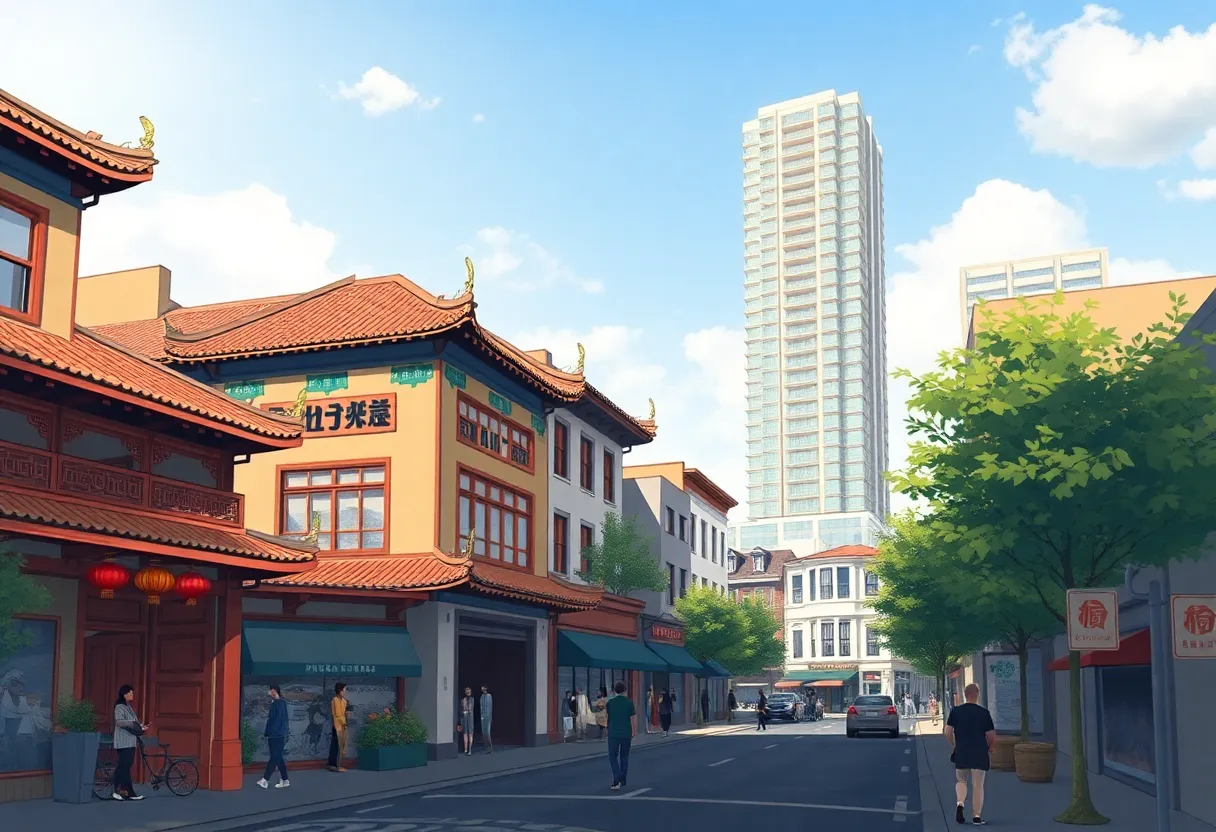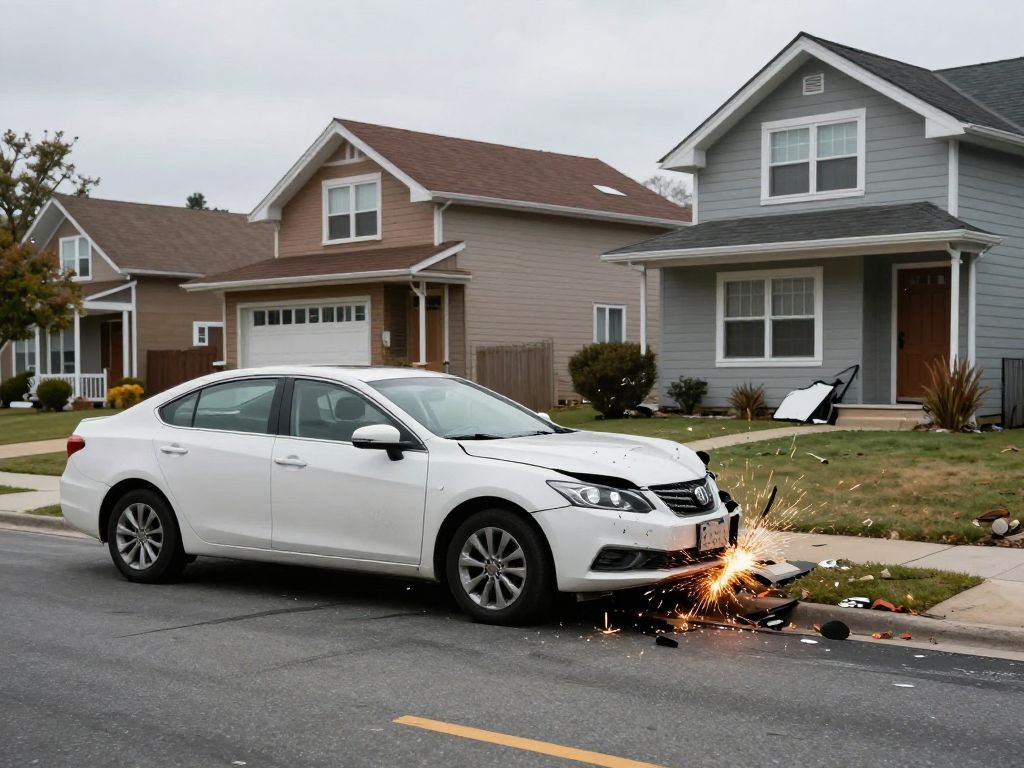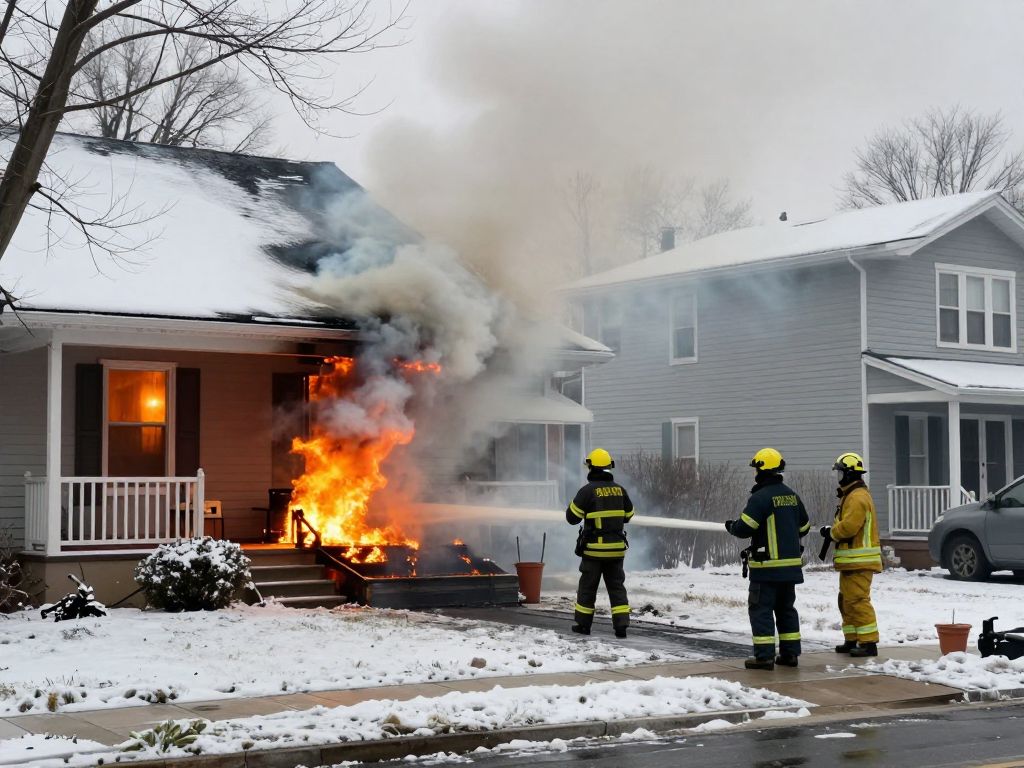News Summary
Boston’s Chinatown is experiencing a contentious debate regarding a proposed luxury housing complex at 600 Washington Street. Residents are concerned about the potential loss of community character and affordability as developers plan to convert the former Walgreens site into a 14-story building. Proposed zoning changes aim to reduce building height to maintain historic integrity, but many fear excessive development will exacerbate gentrification and displacement in the neighborhood. As discussions continue, community voices push for affordable housing options amidst rising living costs.
Boston’s Chinatown Faces Heated Debate Over Proposed Luxury Housing and Zoning Reforms
Boston’s Chinatown is at the center of a contentious debate over a proposed plan to develop luxury housing on the site of the nearly vacant building at 600 Washington Street. Developers aim to transform the former Walgreens location into a 14-story luxury housing complex, raising concerns among residents about the preservation of the community’s character and affordability amidst ongoing gentrification issues.
The Walgreens store closed in June 2020 after experiencing product losses during the George Floyd protests, leaving a significant space that has a history of housing state agencies and small businesses. Community advocates are pushing for plans to revive an unused movie theater located within the building for potential use as a venue for films or live performances, hoping to enhance local cultural offerings.
Proposed Zoning Changes
The proposed zoning reforms aim to support affordable housing and small business development, responding to the community’s concerns over previous displacements. The city’s new zoning draft includes a reduction in maximum building height from the current 80 feet to 45 feet, an effort to maintain the historic character of Chinatown’s row houses. However, a controversial overlay district could permit developments up to 350 feet tall if developers meet certain affordability benchmarks, a stipulation that many advocates find excessive and threatening to the community’s historic fabric.
Resident Concerns
Local residents have voiced strong concerns regarding the proposed height of new developments, fearing that luxury housing projects would disrupt the community’s composition and push out long-term residents. The demographic landscape of Chinatown is primarily Asian or Pacific Islander, with approximately 64% of the neighborhood identifying as such, and a significant proportion of residents being foreign-born. Many local advocates are calling for lower income qualifications for affordable housing units to better serve the existing community needs.
The ongoing discourse on development in Chinatown highlights a pressing demand for affordable housing as rents in the area continue to surge. Residents remain skeptical about the effectiveness of proposed zoning changes in curbing gentrification, especially if city regulations are not strictly enforced or if variances are frequently granted to developers.
Impact of Gentrification
Boston has been grappling with gentrification challenges and the displacement of its long-standing residents. This pattern has intensified with increasing development pressures in the neighborhood. Recent proposals for housing have included efforts to provide affordable options, indicative of a growing focus on addressing the housing crisis that is affecting many urban areas, including Chinatown.
Public sentiment remains divided as residents express both skepticism toward new developments while simultaneously hoping for affordable options to mitigate soaring living costs. The neighborhood has experienced the loss of significant cultural and commercial resources due to prior development efforts, which adds to the urgency of these discussions.
Community Engagement
To finalize the new zoning recommendations and address resident concerns, ongoing events such as public meetings and community discussions are taking place. It is essential for policymakers and developers to consider local input and balance the need for development with the preservation of Chinatown’s cultural and historic significance.
As the conversation around luxury housing and zoning reforms continues, the residents and advocates of Boston’s Chinatown remain committed to ensuring that the future of their neighborhood supports the needs and voices of the community.
Deeper Dive: News & Info About This Topic
HERE Resources
Additional Resources
- Boston Globe: Chinatown Rezoning and Gentrification
- Boston Herald: Chinatown Affordable Housing Project Secures $26M
- CNBC: Chinatown Rapid Luxury Development
- Wikipedia: Gentrification
- Google Search: Affordable Housing Chinatown Boston

Author: STAFF HERE BOSTON WRITER
The BOSTON STAFF WRITER represents the experienced team at HEREBoston.com, your go-to source for actionable local news and information in Boston, Suffolk County, and beyond. Specializing in "news you can use," we cover essential topics like product reviews for personal and business needs, local business directories, politics, real estate trends, neighborhood insights, and state news affecting the area—with deep expertise drawn from years of dedicated reporting and strong community input, including local press releases and business updates. We deliver top reporting on high-value events such as Boston Marathon, Head of the Charles Regatta, and Boston Harborfest. Our coverage extends to key organizations like the Greater Boston Chamber of Commerce and Associated Industries of Massachusetts, plus leading businesses in finance, biotech, and insurance that power the local economy such as Fidelity Investments, Biogen, and Liberty Mutual Insurance. As part of the broader HERE network, we provide comprehensive, credible insights into Massachusetts's dynamic landscape.





